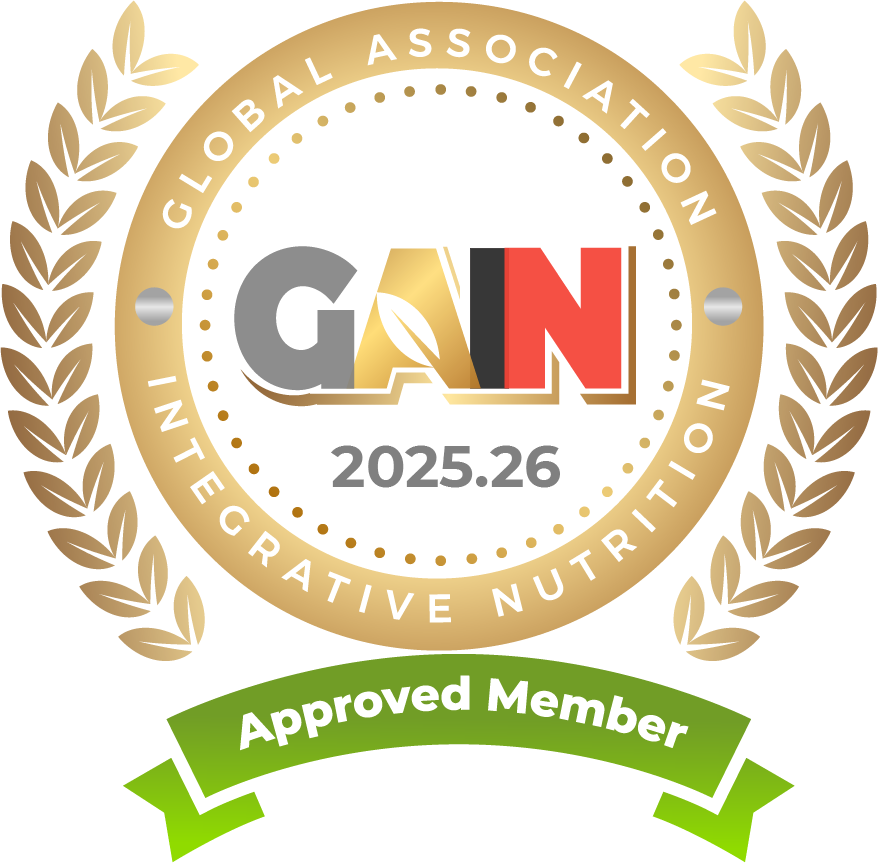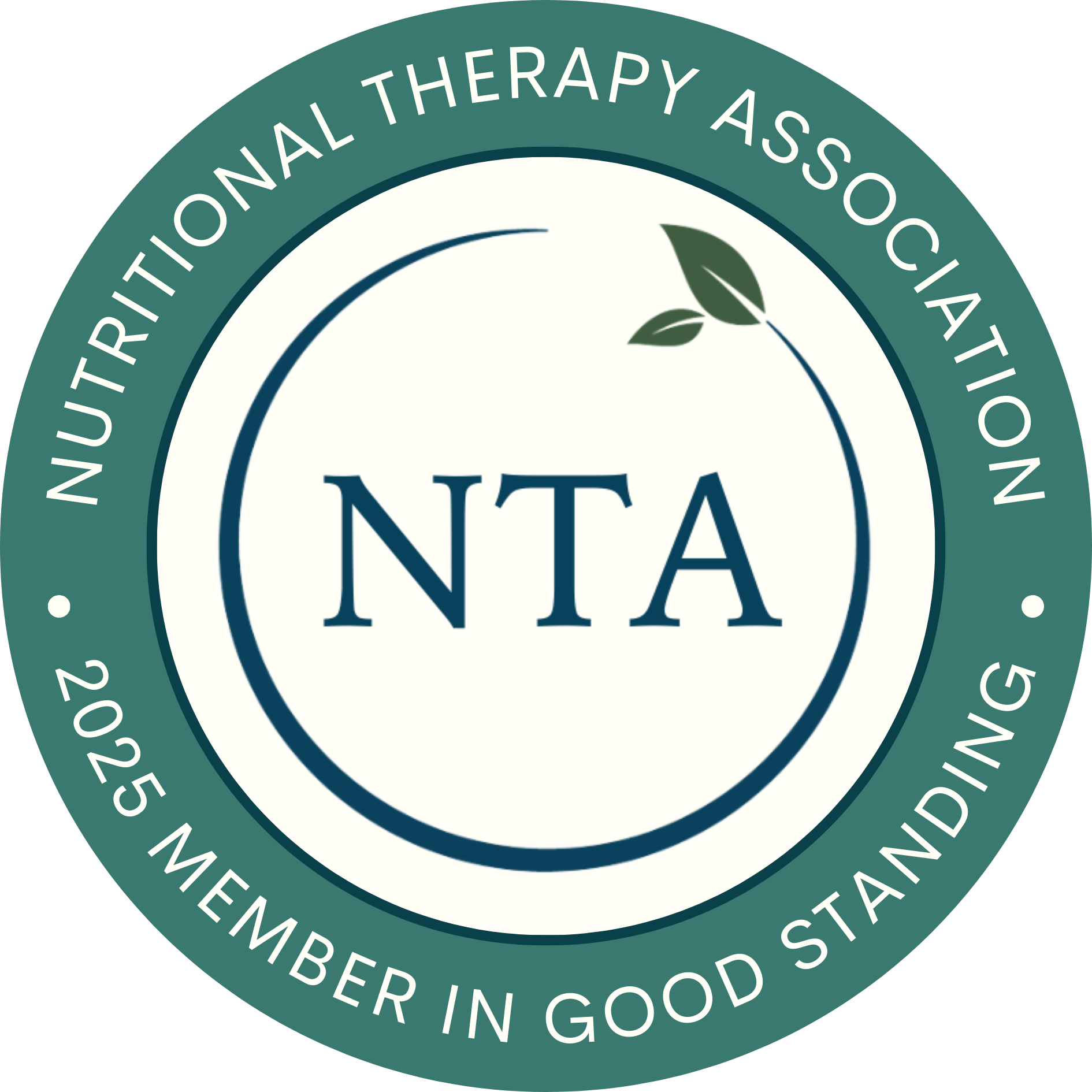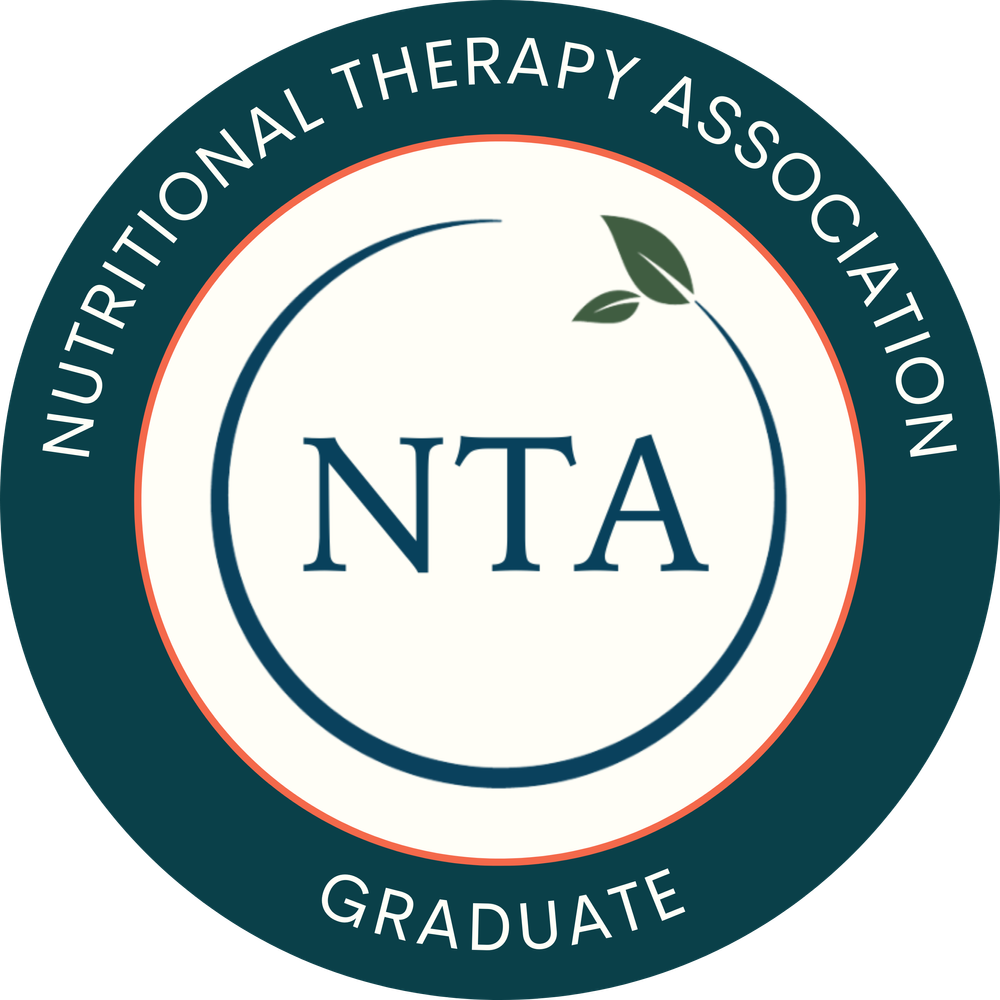Hydration: Holding Water

Foundation: Nutrient-Dense Diet – building blocks (hydration)
I find everyone’s relationship with water and drinking water is different.
For some people, drinking water is an after thought. They may grab a few sips as the day goes on, but nothing too serious, and they certainly don’t carry a water bottle with them.
Other people, plainly just forget to drink water as the day goes on, too wrapped up in the events of the day to remember – and then they find themselves incredibly thirsty once the evening arrives.
And, some people actually claim to dislike the taste of water (which I have always found so funny, since it really has no taste), and witnessing them drink water is like they are being poisoned.
My grandmother (Omi) was in this boat.
“Wasser ist für die Biester” she used to say, which translates to “water is for the beasts”. (“The beasts” meaning livestock like cows and horses.
My loving family would diligently encourage her to drink water, drawing a line on a glass bottle and tasking her with drinking down to that line for the day.
We discovered this well-meaning task was a lost cause when we caught her pouring the water into her flowers.
She had outsmarted us (which was no surprise).
She lived to be 104 and was vibrant and full of life until the very end.
While you might believe this to be proof that you don’t need to drink water to live a long and full life, for me, it is more a testament to the fact that water should always have something in it in order to be beneficial to the body. Perhaps my Omi’s intuition was simply attuned to this all along.
And, then there is me on the other end of the spectrum.
You’ll never find me without my water within comfortable reach and when I cross airport security, filling up my water bottle for the flight ahead is the first thing you’ll see me doing once I get to the other side (even if the flight is only an hour).
As I say, everyone’s relationship with water is different.
Regardless of where you fall within the water drinking continuum, proper hydration is essential.
It is another foundational element to optimal health, which means we simply can’t get around it, if we want our bodies to function properly.
Having made several mistakes when it comes to my hydration and water intake along the way (of course), I feel compelled to share my learning with you, so that you can travel a more enlightened path, and benefit from what optimal hydration offers the body.
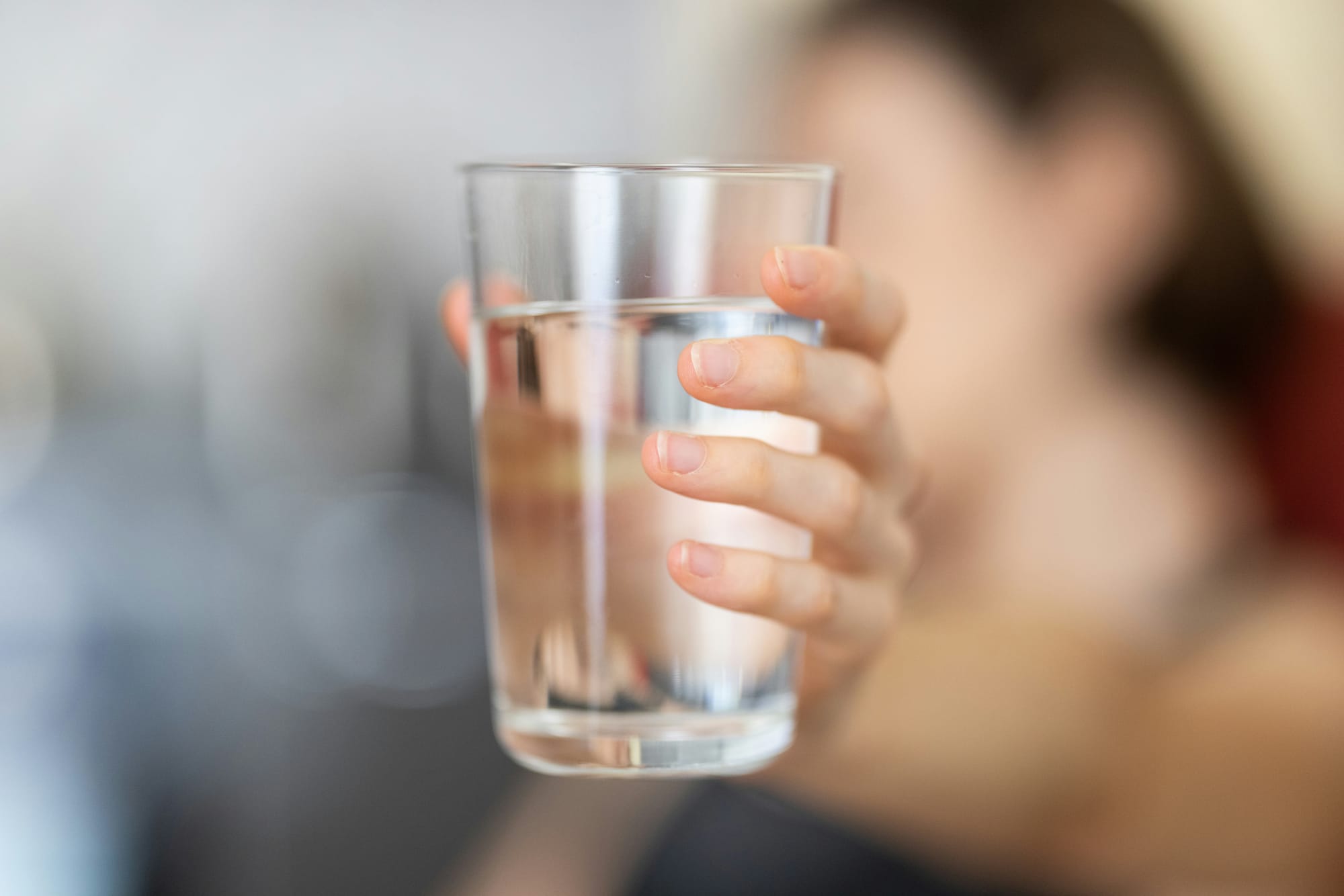
While water may seem like passive insignificance in the picture of health, I can assure you, nothing could be further from the truth when it comes to its core functions in the body.
Like minerals, it is my experience and my belief that hydration is another one of the most overlooked aspects of health, glossed over in favour of other flashier functions and topics.
Simplicity rarely gets the attention it deserves.
When we support optimal hydration in the body, it permeates almost every aspect of our health, creating flow within and through our body’s - starting with our cells, through to our energy levels, the ease of our breath, digestion, and physical movement, the passage of toxins out of the body, and helps us create balance with our external environment (temperature).
A small group of minerals (I like to refer to as “special forces”) called electrolytes integrate into our body’s ability to use water.
This special category of minerals that carry an electrical charge, when dissolved in water. The key electrolytes are: calcium, magnesium, sodium, potassium, and chloride.
In some ways, they give water the capability of movement.
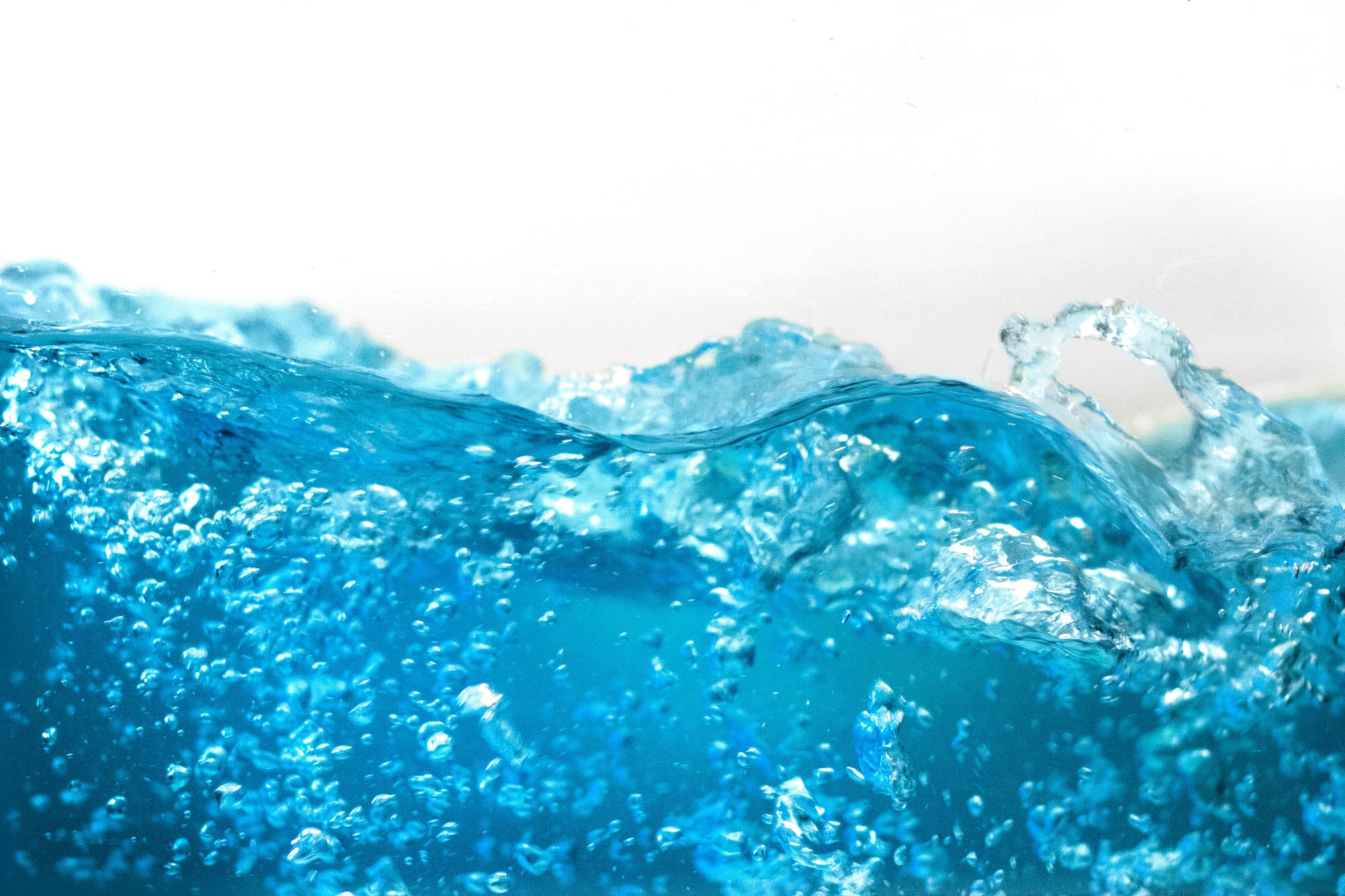
While it is easy to become overwhelmed with all the information that floats around on this topic, the key takeaways regarding hydration boil down to this:
1. Water is the most valuable nutrient in the body, yet it is the common deficiency.
Here is a calculation to help figure out how much to drink:
(I know, I said I wasn’t a fan of mixing numbers with nutrition, but this might be the small instance where I have found the calculation to offer an important mental framework).
Daily water intake in oz (ounces) = Your body weight in lbs ÷ 2
2. In order to properly absorb our water, we need adequate levels of electrolytes.
3. Source out and ensure your water is properly filtered.
As we look ahead to the lifestyle tips I’ll be sharing on hydration, these foundational principles will be our north star in the ideas I share.
I’ll offer simple ways to bring an adequate quantity and quality of hydration (including electrolyte source ideas) into your workday and life, and alert you to common sources of dehydration (which includes stress).

As with all the Foundations of Health, we all need to develop the ability to read your body’s signs of imbalance.
Of course, it’s not easy and we’ll literally spend our entire lives developing and tweaking this ability, but we need to start and continue to live dialed in.
That said, here are signs that your body may be mildly dehydrated.
Tip – do you remember with macronutrient balancing, how I taught you the simple 3B’s formula for checking in on your body (brain, body, belly?)
You can actually use that same formula when gauging your body’s hydration levels:
(Remember, water is indeed a macronurient!)
Brain: poor mood and cognitive function, headaches
Body: fatigue, muscle cramps, and stiffness
Belly: cravings and sluggish digestion
As dehydration progresses (either in the short over the long term), symptoms can intensive to show up as:
Brain: migraines
Body: joint and back pain (particularly in the mid-back region)
Belly: heartburn and constipation
You can also use your urination patterns to gauge your hydration.
Optimal urination is medium to pale yellow in colour and happens around every 2 hours.
So keep watch of any patterns that fall outside these parameters – urine that is dark or urination that is either happening too often, or not often enough.
It’s about holding our water in a balanced way.
Keeping your finger on the pulse of your hydration is one of the best and easiest ways to support your daily health.
If you are looking for some low hanging fruit to improve your health, hydration might be a good starting point!
"Water is the driving force of all nature." - Leonardo da Vinci


